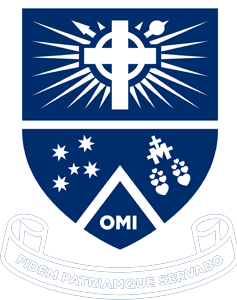Leave Nothing
Undared

Year 7, 2028 Intake Parent Info Evening
Year 7, 2028 Intake Parent Info Evening
A Twilight Tour is available 1 hour prior to this evening. To attend, please register on Twilight Tours.

Twilight Tours
Twilight Tours
Discover our school and see what Mazenod College has to offer! Join a Twilight Tour to explore our facilities and programs.

Mazenod MyPath
Mazenod MyPath
At Mazenod, we are committed to helping you make the right choices and charting a successful course towards your desired career.

Cebula Boarding
Cebula Boarding
Our boarding facility, Cebula House, is an inclusive community of boys and young men from regions across Western Australia.

Academic Extension
Academic Extension
Our Academic Extension and Specialist Programs are designed to challenge our students and extend their learning.

Sport At Mazenod
Sport At Mazenod
Whether you're an accomplished athlete or just looking to get involved in Sport, there's something for everyone!

Cebula Boarding
Cebula Boarding
Our boarding facility, Cebula House, is an inclusive community of boys and young men from regions across Western Australia.
Learn More About






